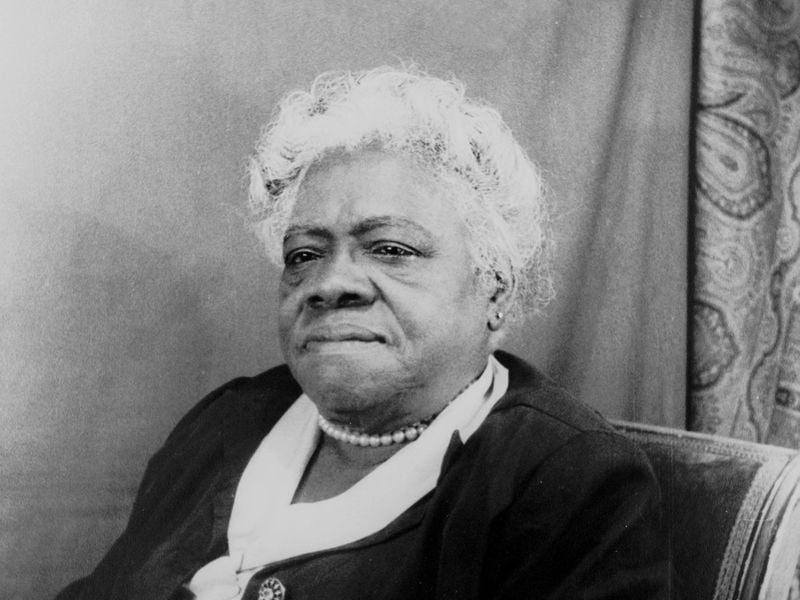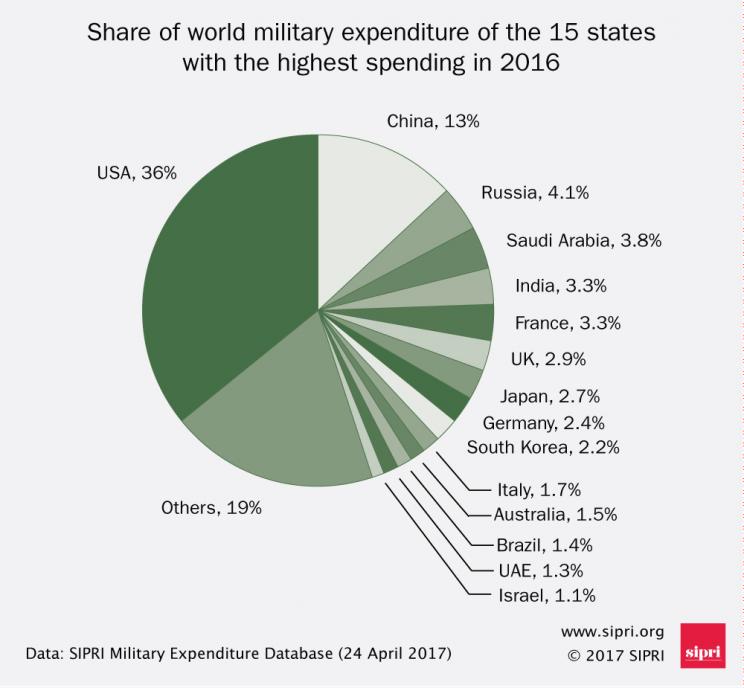
Mary McCloud Bethune
As explained in this article from artnet.com, a statue of Ms. Bethune will soon represent Florida in the the US capital's National Statuary Hall, replacing that of Civil War Confederate general Edmund Kirby Smith, whoever he was.
The removal of statues that commemorate failed military leaders, or even successful ones, and their replacement by those of important contributors in other spheres is admirable. But why are three-dimensional images of southern white males of the War Between the States era the focus of banishment?
While the slavery of American blacks deserves some form of approbation, does it really compare in misery to that of the native Americans, once owners of the entire continent, subjected to near genocide by a technologically superior society, now barely surviving on the most inhospitable portions of the country? Were the slave-holding southerners expected to simply release their human property because William Wilberforce and Charles Sumner felt that was the right thing to do? And then what?
The former slaves became bonafide US citizens in 1866, native Americans weren't extended this status by the all-powerful state until 1924. The aftermath of the War Between the States included the formation of several all-black military units, the "Buffalo Soldiers" whose job was to continue the extermination of the plains Indians under the policies of General Phillip Sheridan. "Little Phil", who was quoted as saying that "the only good Indian I ever saw was a dead one", is honored to this day with statues, street names, and even the names of towns.

Native Americans are behind the effort to rid the country of statues of others instrumental in their subjugation, as explained here.
William McKinley, whose statue is the center of controversy in the northern California hamlet of Arcata, is not only depised by native Americans for his policies, but also by Hawaiians for signing the Newlands Resolution that annexed the islands in 1898. He's no hero in what's now the 50th state but was once the Republic of Hawaii.







